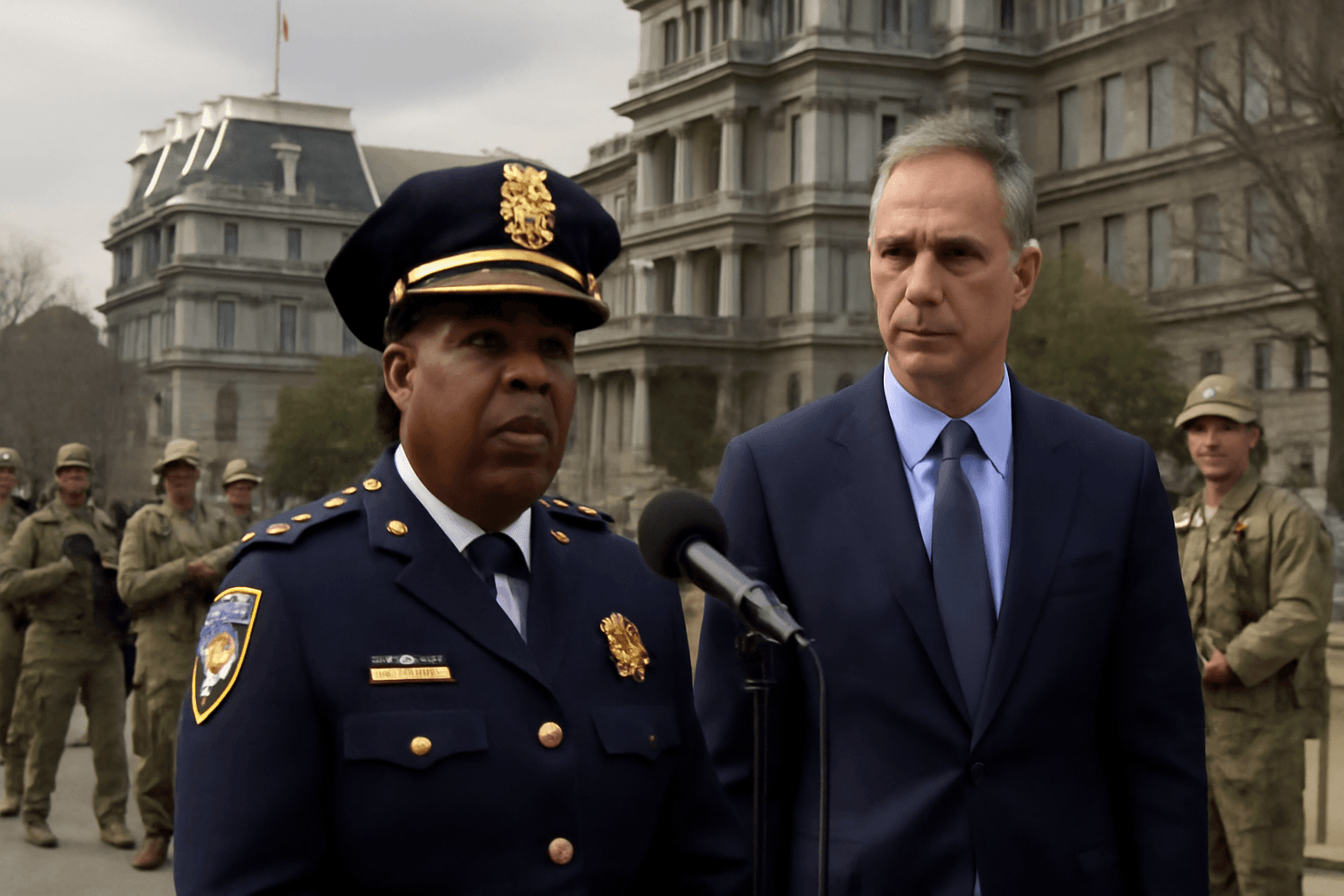Federal Investigation Uncovers Allegations of Crime Data Manipulation in Washington DC
In a development stirring intense debate over law enforcement transparency, federal prosecutors have launched a criminal investigation into accusations that the Washington, DC, Metropolitan Police Department (MPD) deliberately altered crime statistics. The probe, spearheaded by the US Attorney’s Office for the District of Columbia and led by Jeanine Pirro, signals a dramatic escalation in tensions between the Trump administration and the city’s local government concerning jurisdiction and federal oversight of policing.
Background: The Spark Behind the Inquiry
The investigation reportedly gained momentum following the May suspension of Commander Michael Pulliam, who oversaw the city’s troubled 3rd District. Sources from within the police union claim Pulliam and other officials systematically downgraded serious offenses—such as stabbings and carjackings—into less critical categories to artificially suppress violent crime rates. Pulliam has firmly denied these allegations, painting a picture of internal discord and institutional pressure.
Union Voices Accuse Police Leadership of Data Misrepresentation
Gregg Pemberton, head of the Washington DC police union, did not mince words. He called the officially published crime statistics “preposterous,” asserting that frontline officers are overwhelmed by escalating violence while leadership allegedly instructs them to underreport or reclassify incidents. Pemberton explained, “This is a directive from the command staff… they want to ensure classifications are adjusted over time to lower the overall crime stats.” This alleged manipulation challenges public trust and raises questions about accountability at multiple levels of the department.
Political Ramifications Amid Federal-Local Power Struggles
Mayor Muriel Bowser has frequently cited police statistics showing a 27 to 35 percent decline in violent crimes over the past year to reject President Trump’s proposals to place DC law enforcement under federal control. The latest investigation could either reinforce her administration’s claim that crime is being controlled or cast serious doubts on the city’s reported progress. The controversy adds a complex layer to ongoing discussions about crime policy, governance, and federal intervention in capital city policing.
Expert Analysis: What This Means for Public Trust and Crime Reporting
From a broader perspective, this situation underscores the delicate balance between policing, political interests, and community confidence. Accurate crime data is foundational for effective law enforcement strategies, policy-making, and public reassurance. Manipulating such data may provide short-term political benefits but risks long-term erosion of trust, which is essential for community cooperation and safer neighborhoods.
Legal experts suggest that if misconduct is proven, it could trigger stricter oversight mandates from federal authorities and potential reforms within the MPD to ensure greater transparency and accountability. This probe may also compel other jurisdictions to revisit their own crime data reporting practices amid a nationwide demand for honesty in criminal justice statistics.
Looking Ahead: Questions Raised by the Investigation
- How widespread is the alleged data manipulation within the Metropolitan Police Department?
- What mechanisms are in place to independently audit and verify crime statistics in major cities?
- Could federal intervention reshape policing culture and transparency in Washington, DC?
- What implications does this case hold for policing practices nationally, especially in politically contentious environments?
Editor’s Note
This investigation reveals more than possible data tampering; it exposes the tensions between local autonomy and federal authority, and the fragile relationship between police departments and the communities they serve. As allegations unfold, the ultimate impact on public confidence and crime prevention policies will be telling. Readers are encouraged to consider how transparency, accurate reporting, and accountability intersect in building safer cities and trust in law enforcement.












